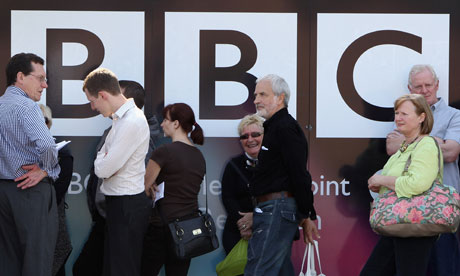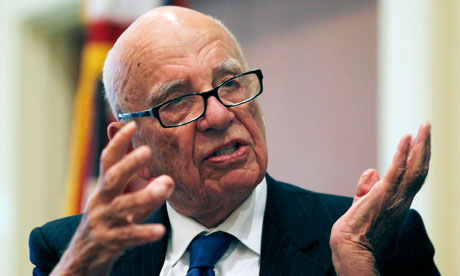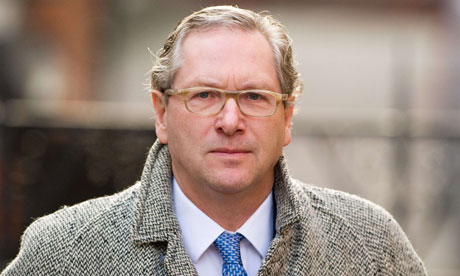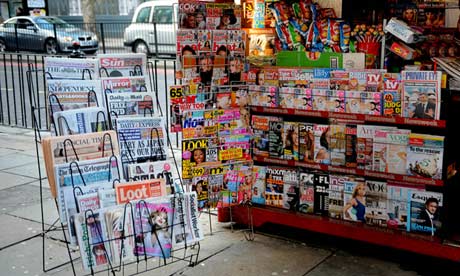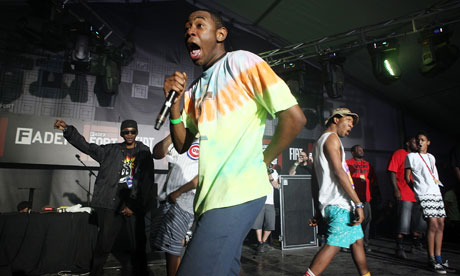Tim Berners-Lee is the creator of the Internet, Englishman.
"2 billion of us are online"
The internet is blamed for creating web addicts
Internet is a current way for the human kind to communicate
The internet was described as a massive brain
The people who have internet are described as "digital haves" and the people that don’t have internet are described as "digital have not". There is a divide between the two which is called: Digital divide.
Al Gore refers to the internet as "an empowering tool"
A quarter of the world uses the web.
5 million using the web, to go on relationship sites a month.
40% British men watch porn
West London use blogging the most = 18 million
The internet is a comparison to the industrial revolution which shows the importance to the internet.
35 million are online every day in the UK
£1 billion is spent every day spent on ecommerce
“The internet is a great leveller”
Jimmy Wales created Wiki
More than 65 million people use wiki
Wiki uncut (challenges) authority and its free which equals “people power”
Author/edit content even for ordinary people
The Well is the foundation of every social website
It was made in San Francisco
Founded by Steven Well
John Barlow believes in self-expression and it shouldn’t have any limits. He refers to the internet or The Well to not having any limits.
Emailing was born in 1965 but wasn’t in use until 6th August 1991
Internet is grounded in Libertarianism or counter-culturalism.
Self-expression is now blogging, so self-expression still exists.
Al Gore also described the internet as “exciting and revolutionary” as its the power of the crowd.
He calls the internet “the paradigm shift” like the printing press which could refer to a new democracy?
The internet was given away for free by Tim Berners-Lee
1975 – Bill Gates worked for a company in Mexico called Mits. They were rocket enthusiastics
Bill Gates saw this as an opportunity for business
Microsoft ended with 90% of the computer
Fanning created Napster in 1999
This is when people realised the darkside of the internet with downloads etc
2002 Napster was shut down
Internet is to share with everyone
Hurley – CEO and Founder of YouTube: 2005 was the first video.
YouTube is user generated 1 billion a day
There is a lot of competition:
Google - 38 million times a day
1 in 3 people use Facebook
eBay - 21 million visits
Amazon – 16 million
“Is the internet unequal because it mirrors the hierarchy in our world?”
Positive about the internet:
Democratization = gives people a voice
Empowerment = gives everyone power creative freedom
Creative, freedom, innovation, UGC, open access
VS
The negatives about the internet:
Control: by the new elites and hierarchies eg: Wiki
New gate keepers: controls what goes out on the internet
Colonization: been taken over by big businesses, piracy and legislation
X factor is an event tv. However its no longer an event or a water cooler tv
TV has stopped being so immersive
